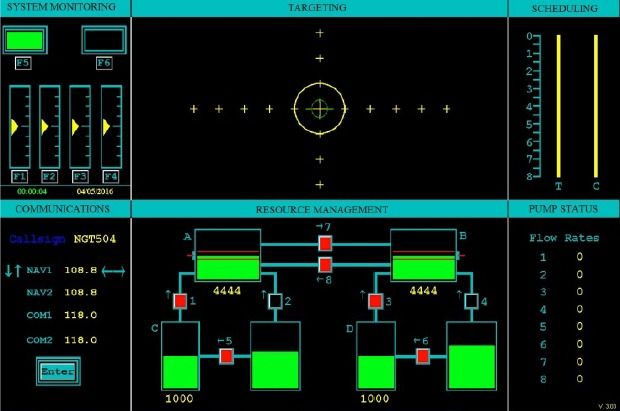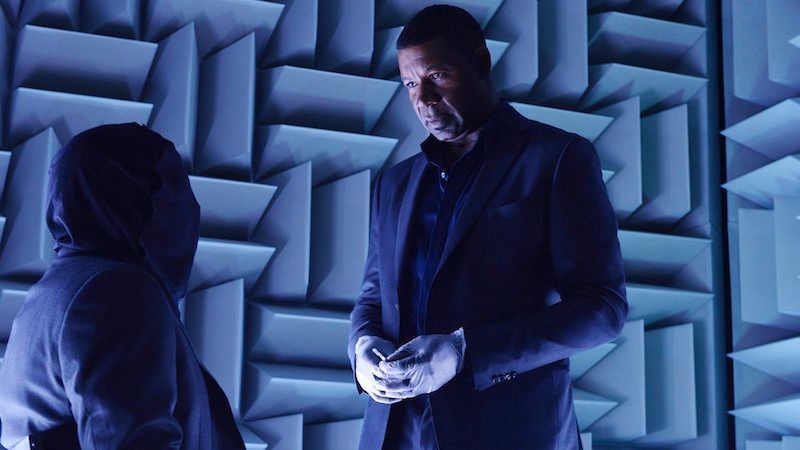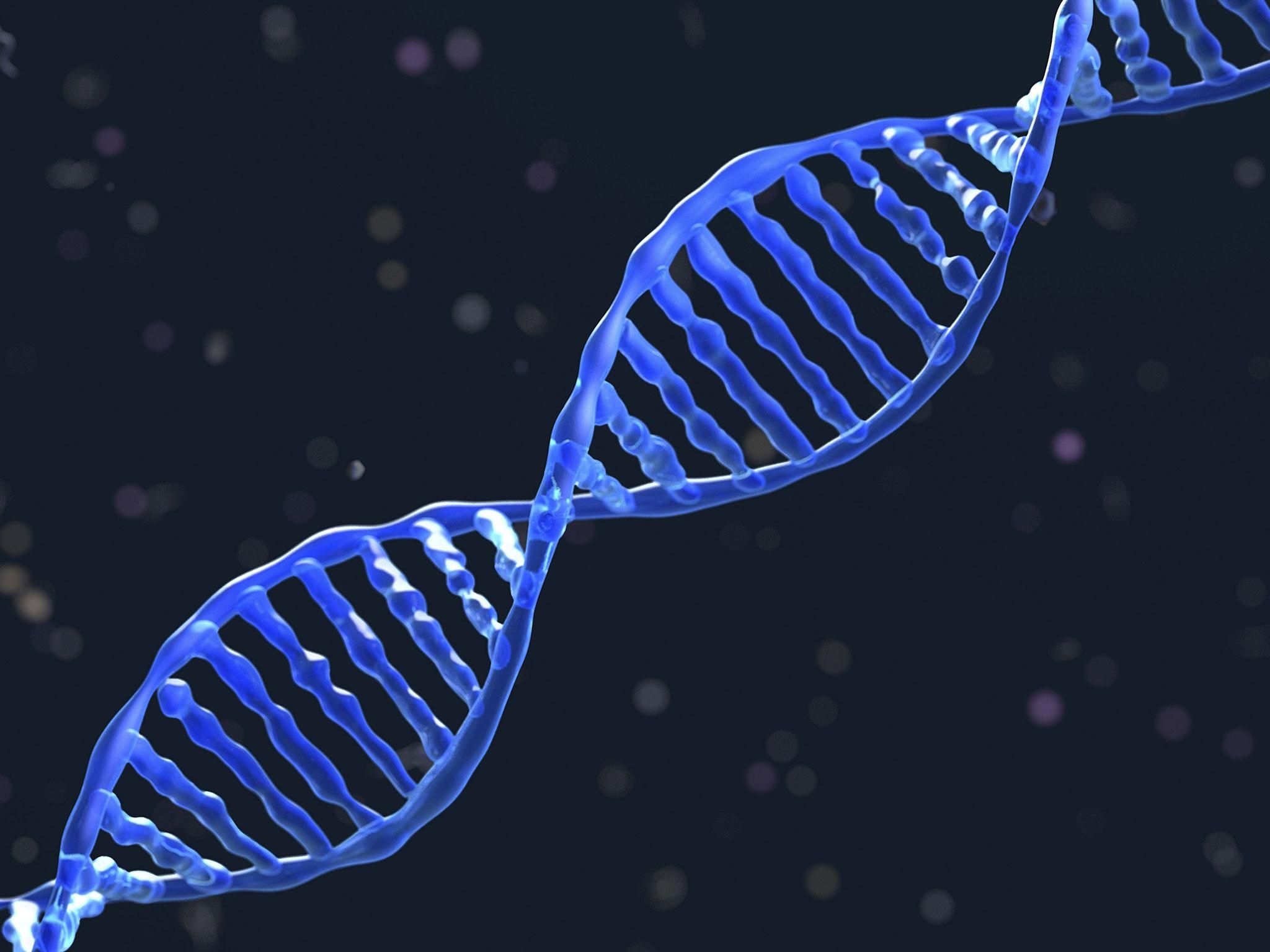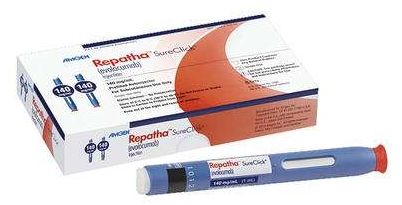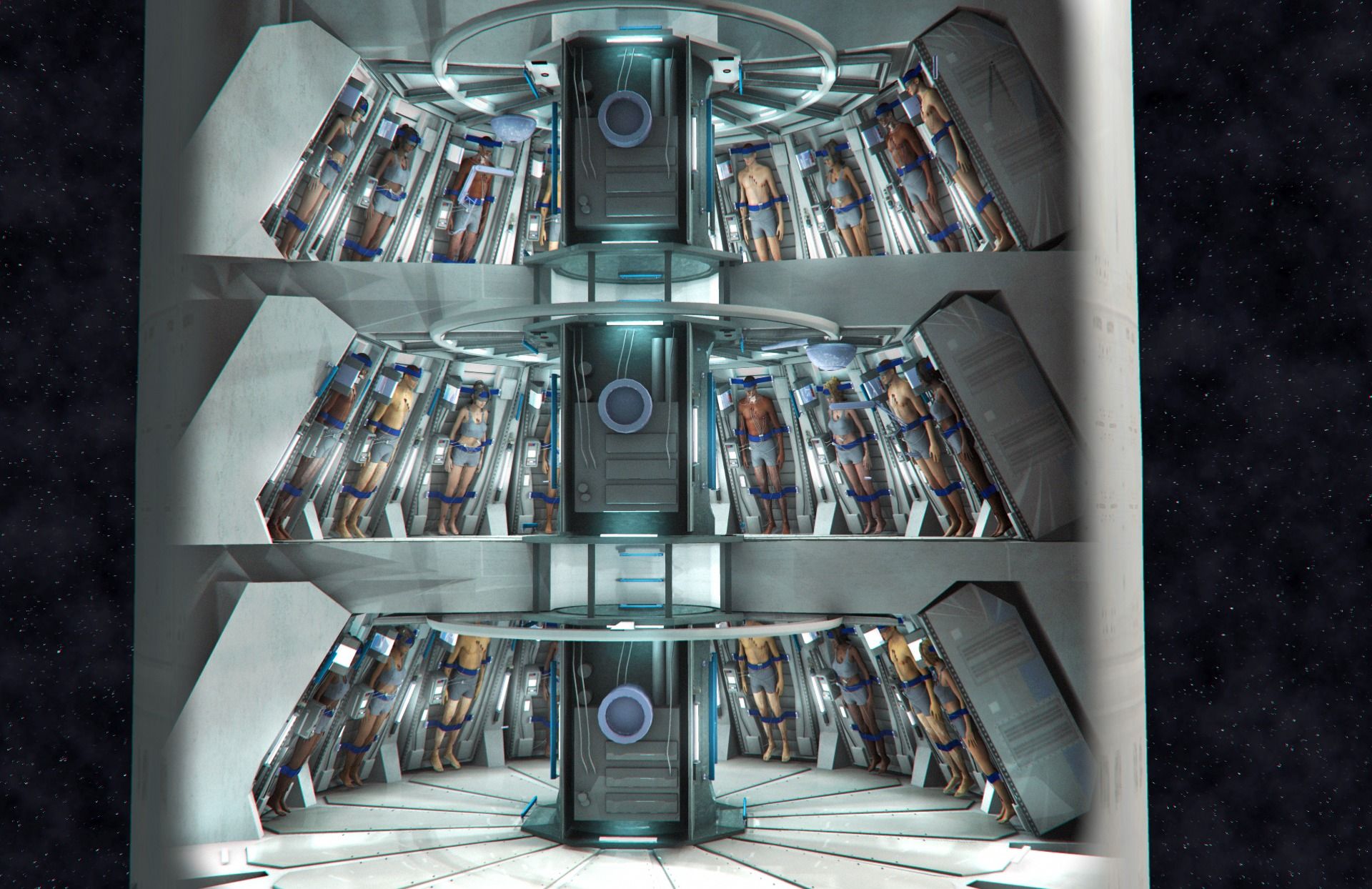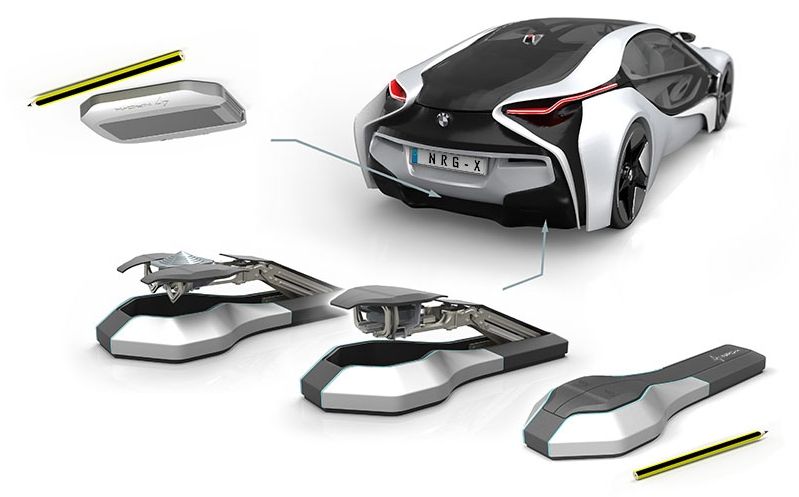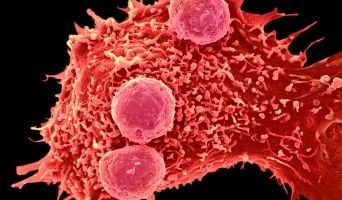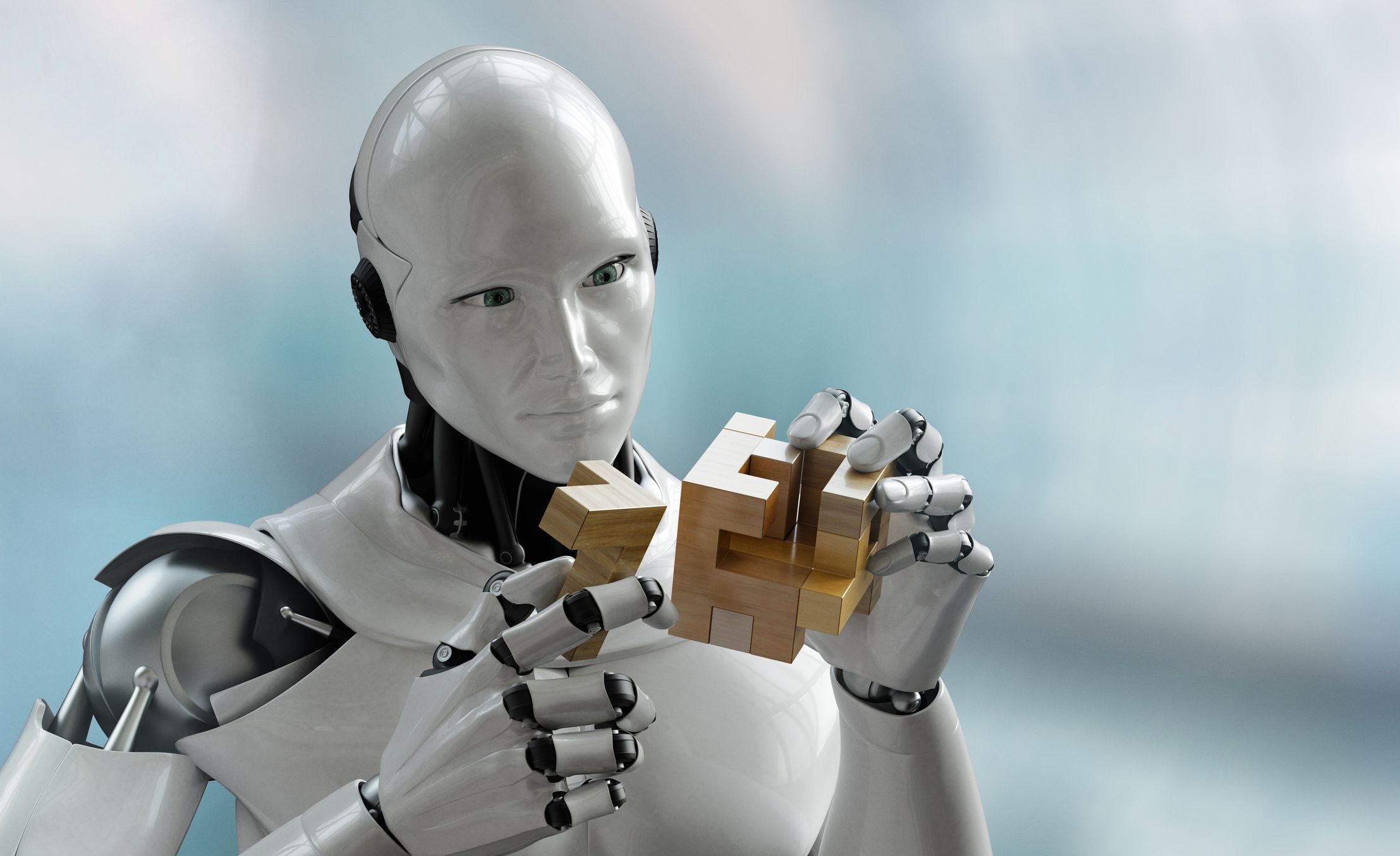Nov 16, 2016
Test of transcranial direct current stimulation (tDCS) of the brain shows improved multitasking performance
Posted by Sean Brazell in category: neuroscience
Placement of five anode electrodes (left) over the dorsolateral prefrontal cortex and the cathode (right) over the right shoulder (to avoid spurious cognitive effects from cortical excitability) (credit: Justin Nelson et al./ Front. Hum. Neurosci.)
In an experiment at the Air Force Research Laboratory, Wright-Patterson Air Force Base in Ohio, researchers have found that transcranial direct-current stimulation (tDCS) of the brain can improve people’s multitasking skills and help avoid the drop in performance that comes with information overload.
The study was reported in a pre-publication paper in the open-access journal Frontiers of Human Neuroscience. It was motivated by the observation that various Air Force operations such as remotely piloted and manned aircraft operations require a human operator to monitor and respond to multiple events simultaneously over a long period of time. “With the monotonous nature of these tasks, the operator’s performance may decline shortly after their work shift commences,” according to the researchers.
